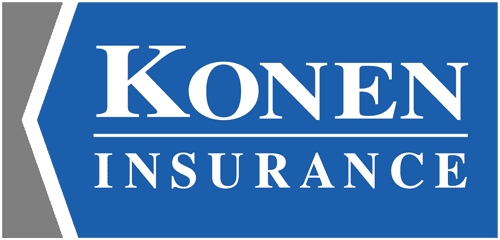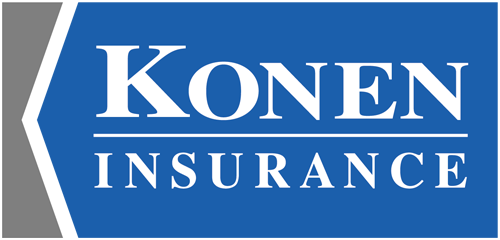
Commercial or Business Insurance can be likened to a long road trip, where your business is covered for an entire year, taking you from point A to point B. However, estimating the amount of coverage required can be challenging, much like guessing how much gas you need at the beginning of a journey. In this blog post, we will explore the concept of insurance audits, which serve as a means for insurance companies to measure the coverage needed and ensure that your business is adequately protected.
The Gas Tank Metaphor:
When you embark on a road trip, you may err on the side of caution and fill up your gas tank more than necessary to avoid making frequent stops. Similarly, insurance policies often provide coverage that surpasses your immediate needs. At the end of your policy term, the insurance company will reimburse you for the unused coverage, just as this magical gas station would pay you for the extra gasoline in your tank. However, unlike a regular gas tank, the insurance policy’s coverage extends from point A to point B without needing refills, even if it appears empty. However, there is a catch – when you’re running on empty, the meter is still running. Ultimately, you must pay for the coverage you didn’t anticipate.
Understanding Insurance Audits:
Insurance companies conduct audits to measure the amount of coverage used during the policy term. They employ various metrics, such as payroll and sales, to determine the appropriate coverage. While area or square footage may be used in certain cases, payroll and sales are commonly utilized. They can change from year to year based on your business operations.
Types of Policies Subject to Audits:
Two common policies that undergo audits are workers’ compensation and general liability insurance. These policies provide coverage for different aspects of your business and require careful assessment to ensure accurate coverage and premium calculations.
The Audit Process:
During an insurance audit, the company examines your business’s books, tax documents, and profit and loss statements. This examination helps gauge the extent of your operations and determine the appropriate octane class for sales and payrolls. Just as different octanes of gas affect your vehicle’s performance, the classification of sales and payrolls into various octane classes impacts the calculation of your insurance premiums.
Implications of Hiring Uninsured Subcontractors:
When you hire subcontractors who do not have insurance, their operations and liability are transferred to your business. This additional weight burdens your “magical insurance car,” requiring more gas (coverage) to keep your vehicle (business) running smoothly. As a result, you must pay for the additional coverage needed to protect your business from the risks associated with uninsured subcontractors.
Conclusion:
Insurance audits serve as a crucial mechanism for insurance companies to assess the coverage required by your business accurately. By examining metrics like payroll and sales, insurance companies calculate the appropriate premium and ensure that your business is adequately protected. Understanding the audit process and its implications, including the importance of hiring insured subcontractors, enables you to navigate the insurance landscape with confidence, securing the right coverage for your business’s specific needs.
